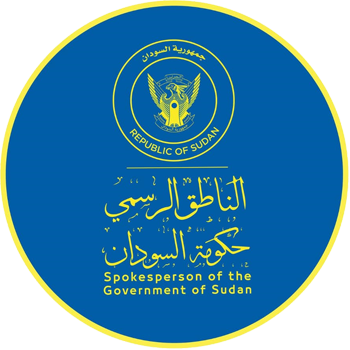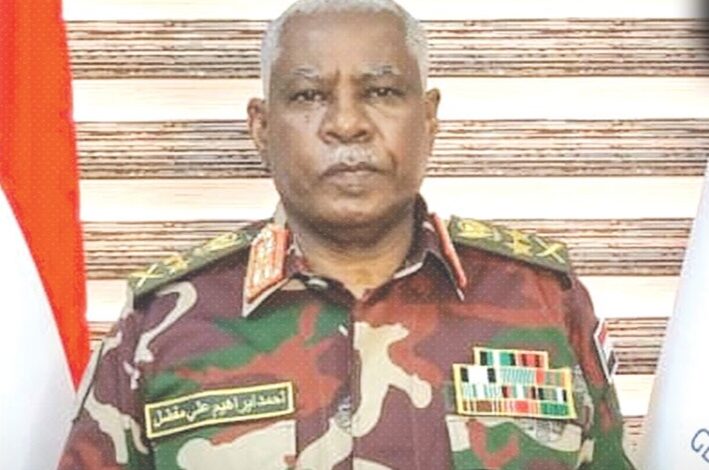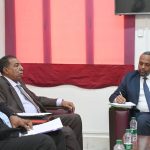Lieutenant General Ahmed Ibrahim Mufaddal, intelligence Director, has led during last month a series of high-stakes diplomatic tours across Europe and the Arab world. Mufaddal’s travels to France, Italy, and five Arab nations aimed to stabilize Sudan by leveraging ‘Intelligence Diplomacy’—an unconventional approach that sidesteps stalled political talks and focuses on direct cooperation between intelligence agencies.
Mufaddal’s diplomatic efforts have been warmly received, especially in Europe, where intelligence agencies are increasingly concerned about the ripple effects of Sudan’s war. The crisis, particularly the violent actions of the Rapid Support Forces (RSF) militia, has led to an uptick in irregular migration and potential security threats to Europe. For countries like France and Italy, Sudan’s instability is not just a distant conflict but a direct challenge to European security.
In France, Mufaddal’s meetings with both intelligence and foreign ministry officials underscored the urgency of ending Sudan’s conflict. French authorities have shown a heightened interest in addressing the humanitarian and security challenges posed by the ongoing war, moving beyond rhetoric to explore actionable cooperation with Sudanese intelligence.
Italy, too, has recognized the far-reaching consequences of the crisis. Italian intelligence officials have voiced concerns that unchecked violence in Sudan could further destabilize Europe through increased terrorism and migration. These meetings indicate a deepening European commitment to Sudan’s stability, driven not by traditional political frameworks but by direct security cooperation.
Mekki Elmograbi, Consultant on International Relations, informed the Official Spokesperson Platform (OSP) that Mufaddal’s diplomatic engagements mark the rise of “Intelligence Diplomacy”—a strategy where intelligence agencies, not politicians, are taking the lead in international peace efforts. This approach, according to Elmograbi’s article submitted to OSP, is proving more effective than conventional political talks in addressing the immediate security threats posed by Sudan’s ongoing crisis.
Beyond Europe, Mufaddal’s diplomatic tour extended to the Arab world, with significant stops in Saudi Arabia and Egypt. Both nations have vested interests in Sudan’s stability. Egypt, already burdened with a large influx of Sudanese refugees, has been a consistent supporter of Sudan’s government. Saudi Arabia, with its deep regional influence, also backed Mufaddal’s proposals for intelligence-driven cooperation to restore peace in Sudan and the region.
Mufaddal’s visit to Algeria, a member of the UN Security Council, further demonstrated the regional importance of Sudan’s crisis. Algeria, representing both Arab and African interests, has voiced strong support for efforts to curb the RSF’s influence and restore stability in Sudan.
While Europe and Arab nations have taken the lead in intelligence diplomacy, the United States has remained notably absent. Despite its longstanding counterterrorism relationship with Sudan, the US has not played a central role in recent diplomatic efforts. Consultant Mekki Elmograbi criticized Washington’s inaction, stating, “The absence of the US in these intelligence-led efforts is glaring. At a time when Sudan’s future hangs in the balance, American diplomacy has been largely rhetorical, leaving Europe and regional players to take the lead.”
As Sudan’s war continues, Mufaddal’s tours reflect a new, intelligence-driven approach to diplomacy. This shift from political to intelligence-based cooperation offers a potential path to peace, one that seeks to restore stability in Sudan and safeguard the region from further chaos.


